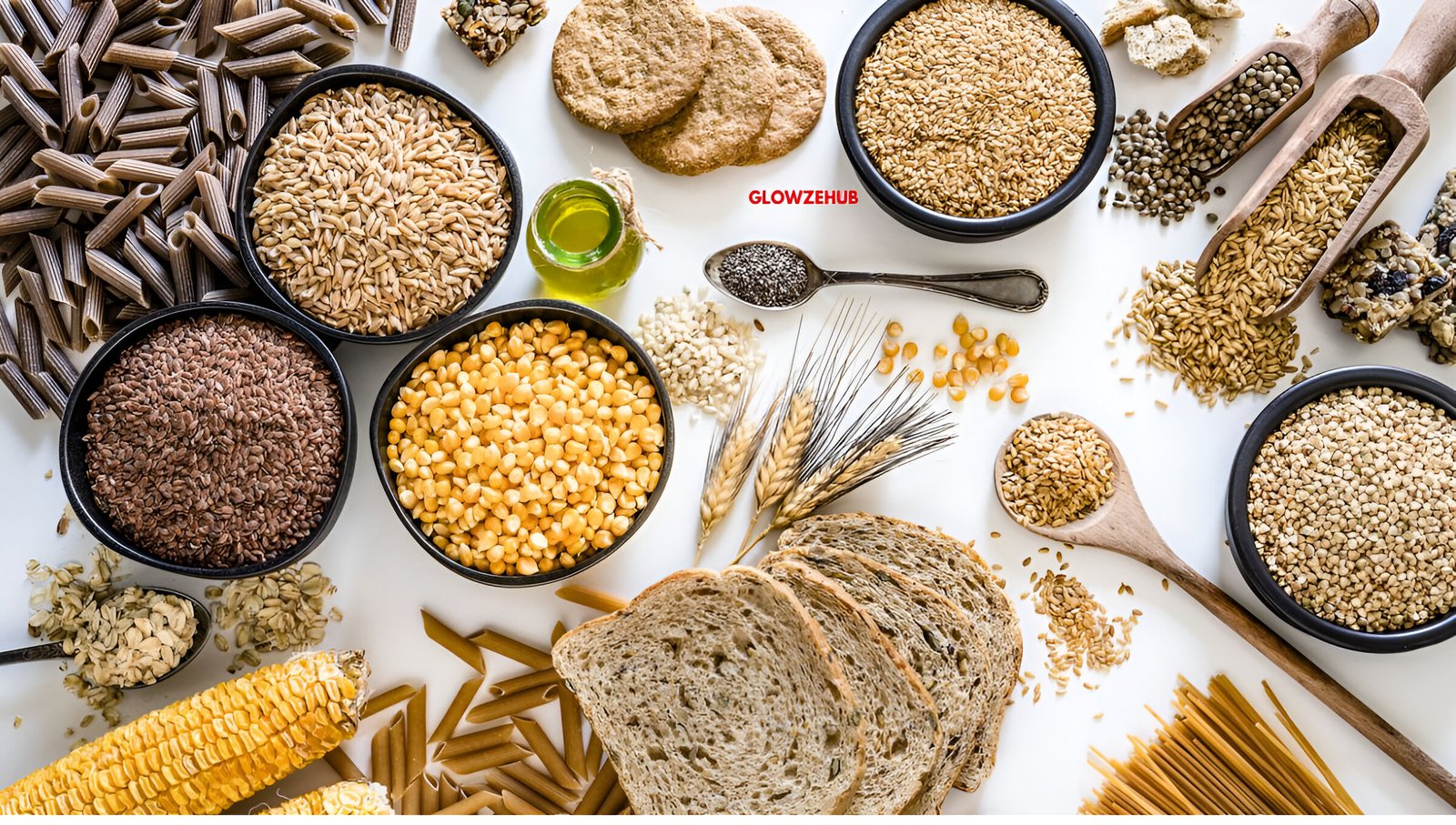INSULIN RESISTANCE. Diet: 7 Foods for Insulin Resistance. You are what you consume. We understand it is a cliché, but it is overused because it is true!
If you’ve ever looked into ways to eat better, you’ve come across the terms “insulin sensitivity” and “insulin resistance.” You might have even discovered an insulin-resistant diet.
But what exactly do these phrases signify, and why is it critical to maintain a normal insulin response?
Let’s look at the science behind insulin sensitivity and resistance, talk about how diet plays an important part in controlling these disorders, and give you seven foods for insulin resistance.
Insulin sensitivity versus insulin resistance.
Let’s start with the basics. Insulin is a hormone generated by the body to regulate blood sugar levels.
If your blood sugar levels are not adequately controlled, you may experience fatigue, dizziness, or even more serious consequences, such as diabetes or cardiovascular disease.
Insulin sensitivity
[ez-toc]
Insulin sensitivity describes how well the body’s cells respond to insulin. When you have high insulin sensitivity, your body requires less insulin to control blood sugar levels.
This is an ideal state since it implies your body can efficiently handle the glucose in your blood and use it for energy or store it for future use.
High insulin sensitivity is often associated with better health outcomes, such as a reduced risk of developing type 2 diabetes, heart disease, and obesity.
The factors that can promote insulin sensitivity are the following:
- Regular exercise.
- Maintaining a healthy weight.
- Consuming a balanced diet
- Getting adequate sleep and insulin resistance
On the other hand, insulin resistance is a condition in which the body’s cells lose sensitivity to insulin. This means that additional insulin is necessary to maintain normal blood sugar levels.
When insulin resistance develops, the pancreas generates more insulin to compensate, but it may eventually be unable to meet the increased demand. If left untreated, this can result in increased blood sugar levels and, eventually, type 2 diabetes.
The factors that lead to insulin resistance include the following:
sedentary lifestyle
- Excess body weight, especially around the abdomen.
- Poor diet.
- Chronic stress and insufficient sleep
- Foods to Improve Insulin Sensitivity
The foods you consume greatly impact your body’s capacity to manage insulin. A diet high in processed foods, refined carbs, and sweets can lead to insulin resistance.
On the other hand, a diet rich in whole foods, healthy fats, and high-quality proteins can help increase insulin sensitivity.
Here are our top seven foods for increasing insulin sensitivity and combating insulin resistance:.
1. Whole Grains.
Whole grains are good for insulin sensitivity and fighting insulin resistance because of their high fibre content, low glycemic index, nutritional composition, and contribution to weight management.

Whole grains include quinoa, brown rice, wheat, barley, and oats.
2. Leafy greens.
Leafy greens, including spinach, kale, and collard greens, are low in calories but high in fibre, minerals, antioxidants, and phytochemicals.
Including them in your diet can aid with weight management, which is critical for maintaining insulin sensitivity and lowering the risk of insulin resistance.
3. Fatty fish.
Fatty fish, such as salmon, mackerel, sardines, and herring, can help increase insulin sensitivity since they are high in omega-3 fatty acids and other critical nutrients.
Fish contain omega-3 fatty acids, specifically EPA (eicosapentaenoic acid) and DHA.
These essential fatty acids have been proven to have anti-inflammatory characteristics, which may help combat chronic inflammation that compromises insulin action and contributes to insulin resistance.
4. Legumes
Lentils, chickpeas, black beans, kidney beans, and other legumes can enhance insulin sensitivity due to their unique nutritional profile and health advantages.
Legumes are strong in fibre and low in glycemic index, resulting in a slower and more steady rise in blood sugar levels than high-GI foods.
Consuming low-GI foods reduces the body’s demand for insulin and makes it easier to maintain balanced glucose levels, which promotes insulin sensitivity.
5. Nuts and seeds.
Similar to beans, nuts and seeds have a low glycemic index. One feature that distinguishes them is their healthful fats.
Nuts and seeds such as almonds, walnuts, and chia seeds are high in healthful fats, particularly monounsaturated and polyunsaturated fats, linked to improved insulin sensitivity.
These fats can help manage blood sugar levels, reduce inflammation, and minimise the likelihood of developing type 2 diabetes.
6) Berries
Did you think there wouldn’t be any sweet treats on this list? Think again!
Blueberries, raspberries, and blackberries have high levels of polyphenols and antioxidants such as anthocyanins, flavonoids, and vitamin C, which help to neutralise free radicals and reduce inflammation.
Chronic inflammation can decrease insulin function and lead to insulin resistance; thus, eating antioxidant-rich foods like berries can help maintain healthy insulin function.
7. Greek Yoghurt
Consider adding berries to your Greek Yoghurt!
Greek Yoghurt is high in protein and probiotics, which can help you feel satiated for longer while fostering a healthy gut microbiota.
Beneficial probiotics are living microorganisms that improve intestinal health. A healthy gut microbiota has been linked to better insulin sensitivity because it reduces inflammation, regulates glucose metabolism, and enhances insulin action.
Fight back against insulin resistance.
Understanding the importance of insulin sensitivity and resistance and making informed food choices can improve overall health.
You can manage your blood sugar levels and lower your risk of insulin resistance-related illnesses by including insulin-sensitive foods in your regular diet.
Total Health and Fitness can assist if you want to learn more about improving your nutrition and general health.
Please take advantage of our free consultation, during which our team of professionals will evaluate your specific needs and make personalised recommendations for a better lifestyle.
Don’t wait to make a positive change in your life—book your free consultation today and begin your journey to enhanced insulin sensitivity and a healthier, happier you!
